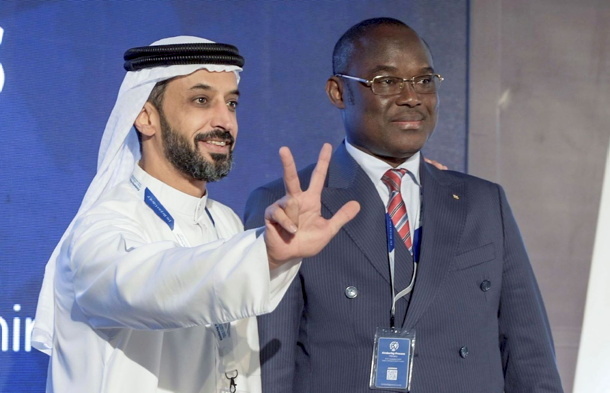
The Kimberley Process voted to allow rough diamond exports from the Central African Republic (CAR) after imposing a ban in 2013 as a civil war raged.
The Seleka, a coalition of predominantly Muslim rebel groups, toppled the government in a conflict, reportedly funded by conflict diamonds, that saw widespread killings, rapes, and destruction of villages.
The country – one of the world’s poorest – still faces significant challenges in establishing lasting peace and stability, although the government and its Russian mercenary allies have since pushed rebel groups out of major towns.
The KP, at its plenary in the UAE last Friday (15 November), voted to re-admit CAR as a full member, in light of what it described as “an improving security situation”.
Diamond exports have, until now, been outlawed from the so-called red zones – representing two thirds of his country’s diamond mining areas. They will now be allowed.
Legal exports, from CAR’s green zones, totaled just under $8m in 2020, the latest year for which KP has figures – 50,433 carats for an average $142 per carat.
Rufin Benam-Beltoungou, CAR’s minister of mines and geology spoke of his “joy and satisfaction” over the full lifting of the rough export ban.
UAE’s Kimberley Process chair, Ahmed Bin Sulayem, travelled to CAR and had pushed extensively for the KP to initiate a review mission to fast-track the country’s reintegration.
Source: IDEX
PS: Plain to see that the Kimberley Process is a political tool and not a safegaurd for the diamond industry.